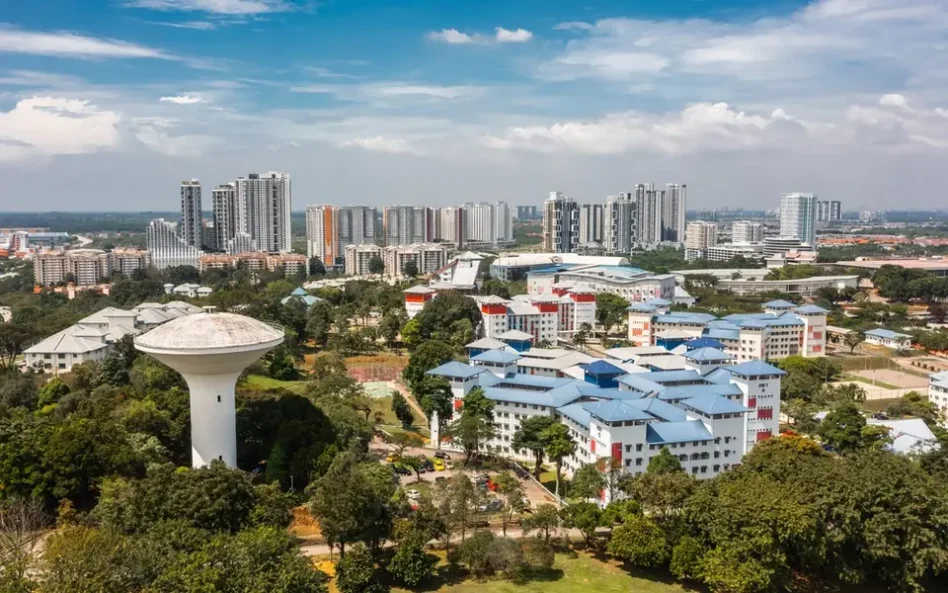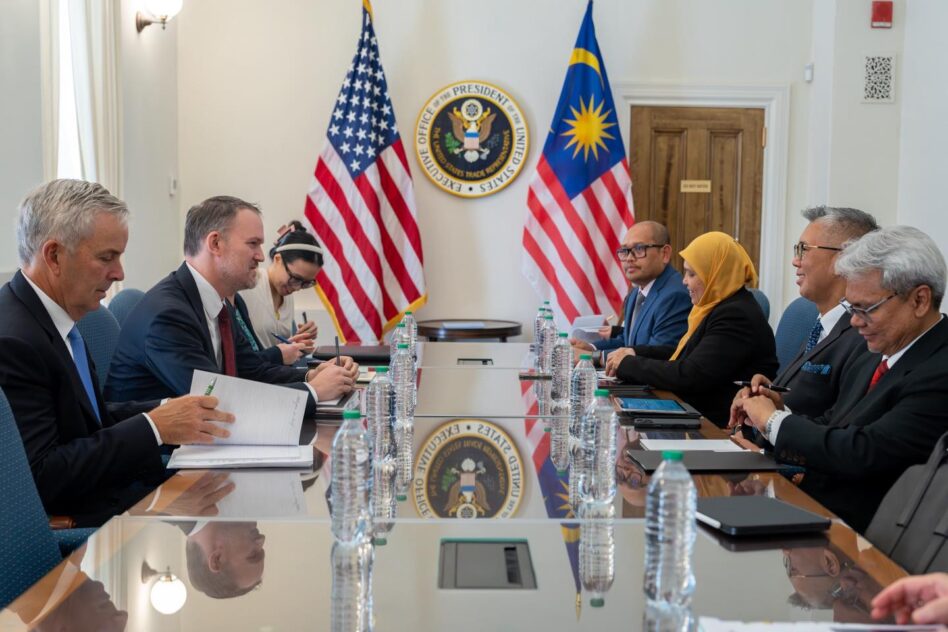THE pandemic’s aftermath of countless job losses have caused an accelerated hiring trend once the dust begins to settle. But unlike the old ways, it seems that the job market now is putting skills above traditional qualifications, turning skills into the new currency of the new norm era.
According to a recent LinkedIn research, 77% of hiring managers and recruiters in the Asia Pacific have made skills/competencies the focus of their job descriptions at least once since last year.
There have also been a strong desire for individuals to learn or build their skills, be it for work, exploring new opportunities or enhancing their digital skills.
In 2020 alone, Microsoft and LinkedIn helped over 25 million people build up their digital skills through its LinkedIn Learning platform. While the number has reached 5.5 million people in the whole of Asia Pacific, over 100,000 people in Malaysia have picked up new digital skills through the initiative.
“Building on this commitment, in 2021, we will be extending free LinkedIn Learning and Microsoft Learn courses and low-cost certifications to help more people understand, develop, and connect their skills into opportunity,” said LinkedIn managing director and vice president for Asia Pacific and China Olivier Legrand.
“We will be providing new resources to help everyone, be it young learners, jobseekers, members, employers and governments move to a skills-based future,” he added.
Among some of the new resources being offered include Career Coach, which offers educational institutions a unified career solution for students to help students discover their goals, interests, and skills using an AI-based skill identifier.
LinkedIn’s integration could also align a student’s comprehensive profile with job market trends and helps them grow real-world skills and connect with mentors and peers all in one place.
To help jobseekers, Microsoft Career Connector intends to place 50,000 job seekers in tech-enabled jobs over the next three years, which will focus on learners who have built skills via Microsoft’s non-profit and learning partners.
LinkedIn also plans to work towards deepening its relationships with governments in the region, to help them prepare their workers for the future skill-based economy by promoting digital equity plans, provide incentives for employees to skill, upskill and reskill employees.
“We’ve seen people across the globe express a desire to learn and build their skills, and organisations too, are hiring based on skills instead of traditional qualifications. In 2021, we will continue our efforts to equip jobseekers with the right resources to pick up new skills, and connect them to opportunities, as well as aim to help 250K organisations make a skills-first hire,” Legrand concluded. – Apr 2, 2021









